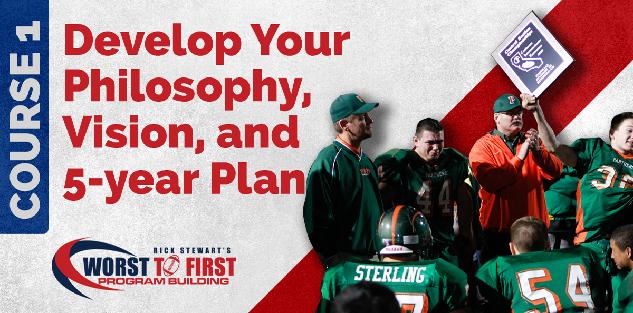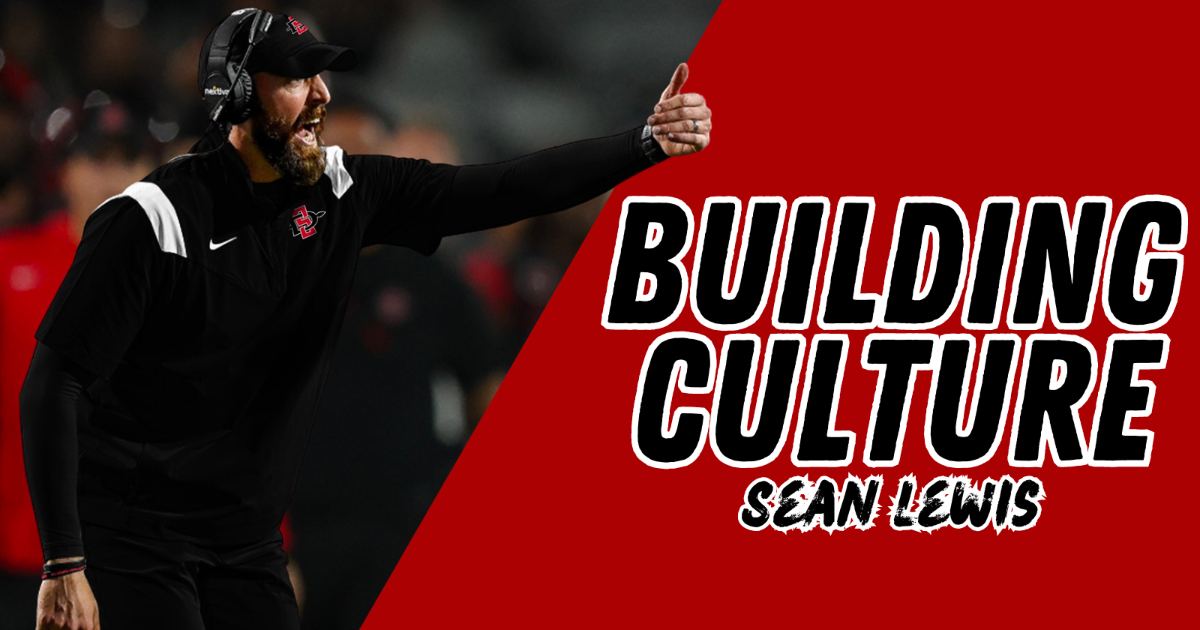The Player Driven Culture System
by Mike Kuchar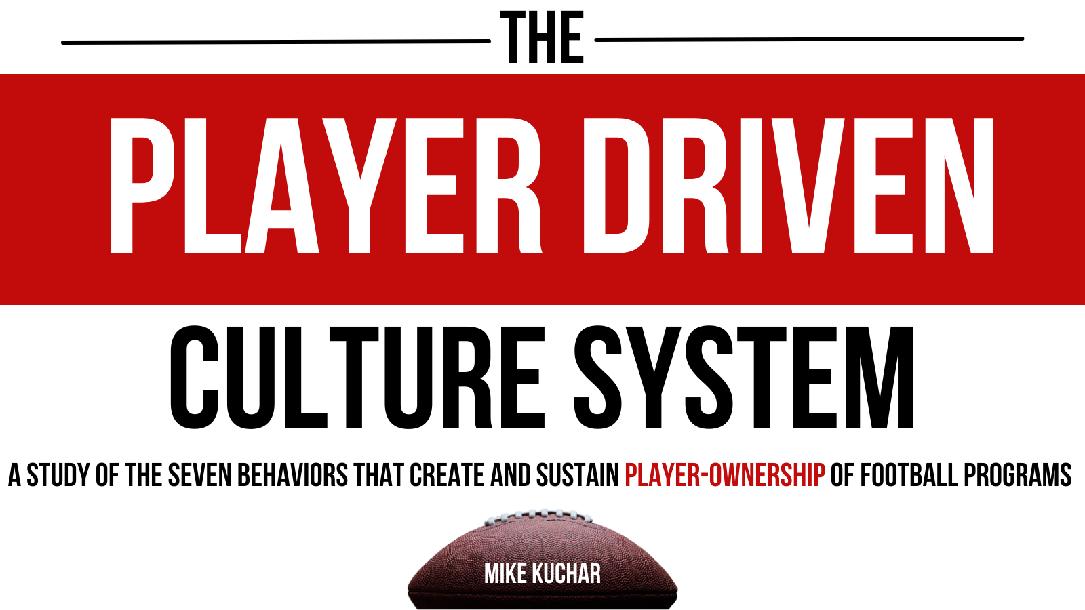
Description
X&O Labs’ brand-new study, The Player-Driven Culture System: The Seven Behaviors That Create and Sustain Player-Ownership of Football Programs , is created from the #1 best-selling book this off-season. X&O Labs’ research has proven a player-driven culture is the healthiest form of culture in football. The head coach sets the core values and the players take ownership of those values and protect them. It infuses accountability, ownership of performance, and ownership of team and individual success. This course is a step-by-step guide to implementing player-driven culture in your program.
A player-driven culture is the healthiest form of culture. Although the head coach is ultimately responsible for creating the program's core values, the culture doesn’t shift to player-driven until players make the choice to take ownership of the standards that drive these values. A player-driven culture infuses accountability, ownership of performance, ownership of individual and team success and the ownership and accountability that comes as a result is invaluable to a program’s success, often producing achievements significantly above personnel talent level.
It’s the paradigm shift we all yearn for as coaches in building and sustaining a strong culture.
But how does a program get there? This study is centered on what we found to be the six main behaviors, or competencies as they are referred to in this study, that cultivate a player-driven culture. The coaches included in this study have built a system around intentionally teaching these specific behaviors daily. It’s a system all of the sources in this study would argue is more important than any offensive, defensive or special teams system you will install in your program next fall. It’s a continual, 12-month operative centered on empowering players to understand that mastering these competencies generate player ownership of culture.
In order to make the shift from a coach-driven to a player-driven culture, you’ll need to continually find ways to infuse these six behaviors into every fabric of your program. And while there are several pathways to attain these behaviors—all which we uncover in this study—these behaviors must continually be messaged, demonstrated, evaluated and protected. This research serves as the blueprint needed for coaches looking to make this necessitous culture transformation from being coach-led to player-led.
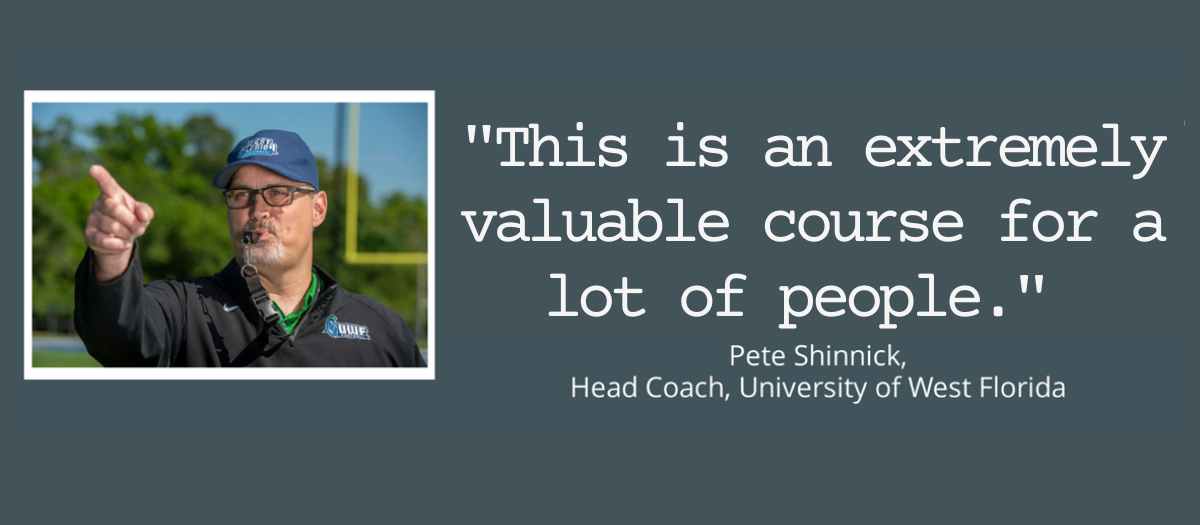
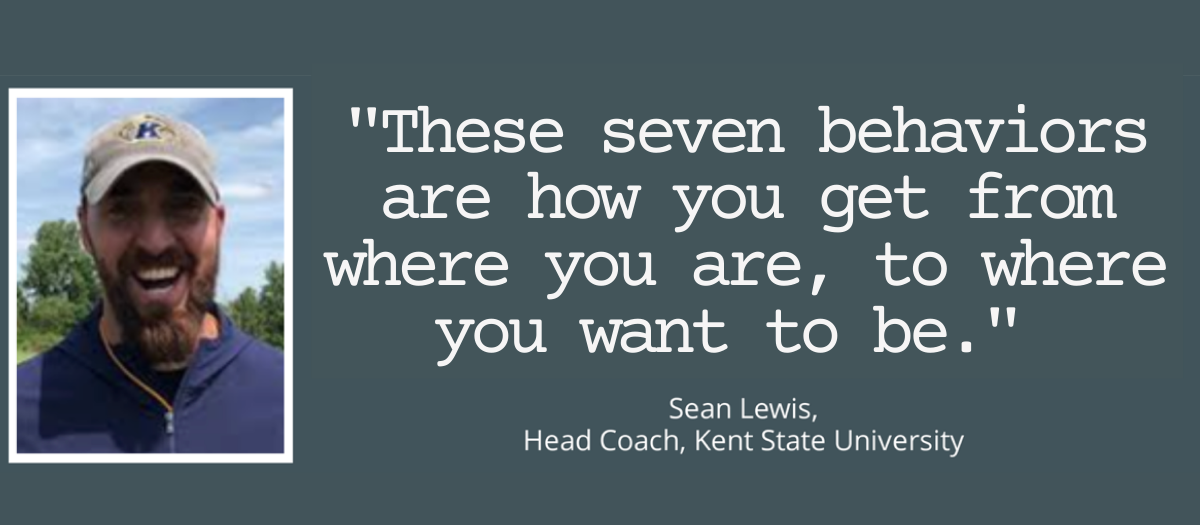
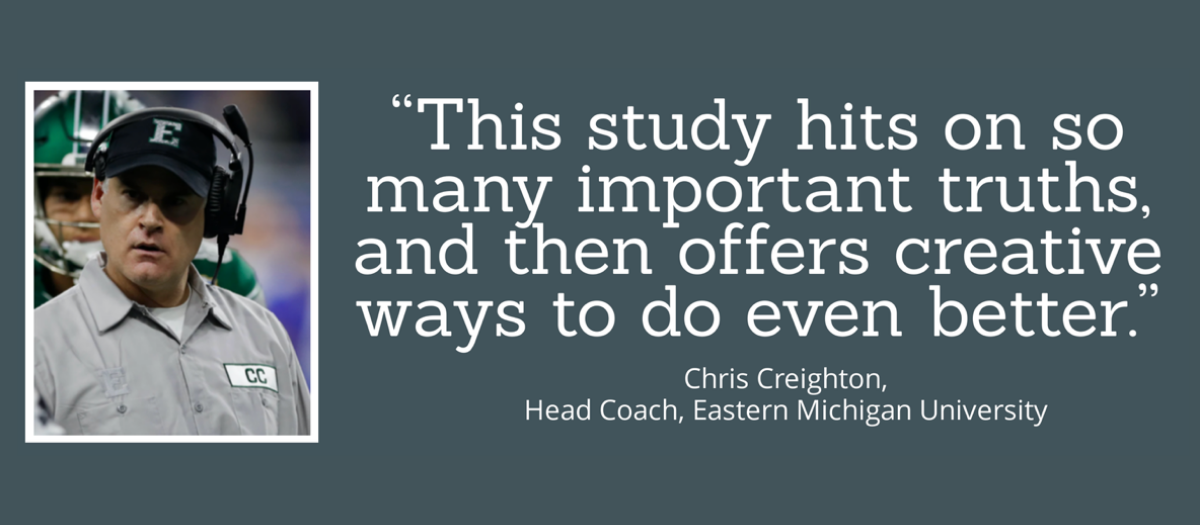
Lessons
The Coach
Mike Kuchar serves as Senior Research Manager and co-founder of X&O Labs. He has spent 18 years researching and reporting on football’s latest trends and innovations and has been featured in national publications including ESPN Magazine, USA Today, Fox Sports and CBS Sports. He has been coaching football for 21 years and currently resides in New Jersey with his wife, Silvana, and their two children, Michael (8) and Adriana (6).
Follow Mike on Twitter: @MikeKuchar
Ratings and Reviews (3)
This Course Includes
| 24 hours on-demand video |
| Streaming from mobile and TV |
| Lifetime access |
| Certificate of completion |
| 100% money back guarantee |
Course Info
| Rating: | (3) |
|---|---|
| Caterory: | Football/Program Development |
| Bookings: | 129 |
| Duration: | |
| Videos: | 185 |





